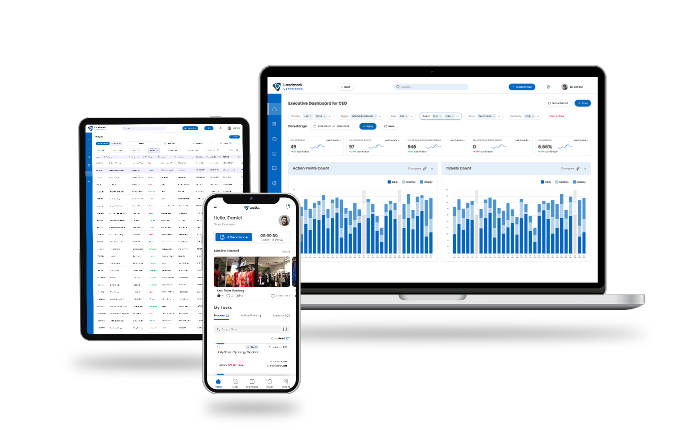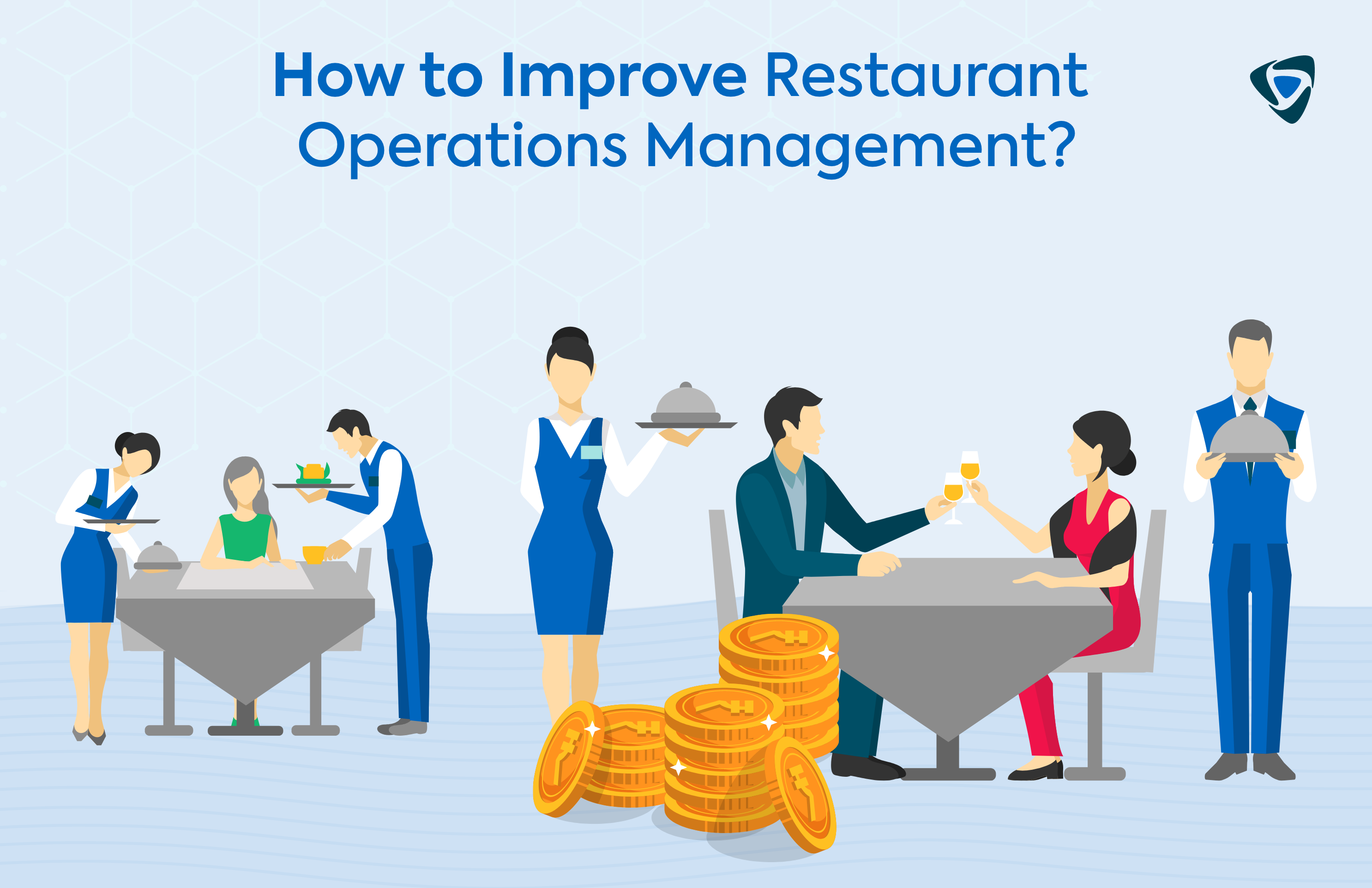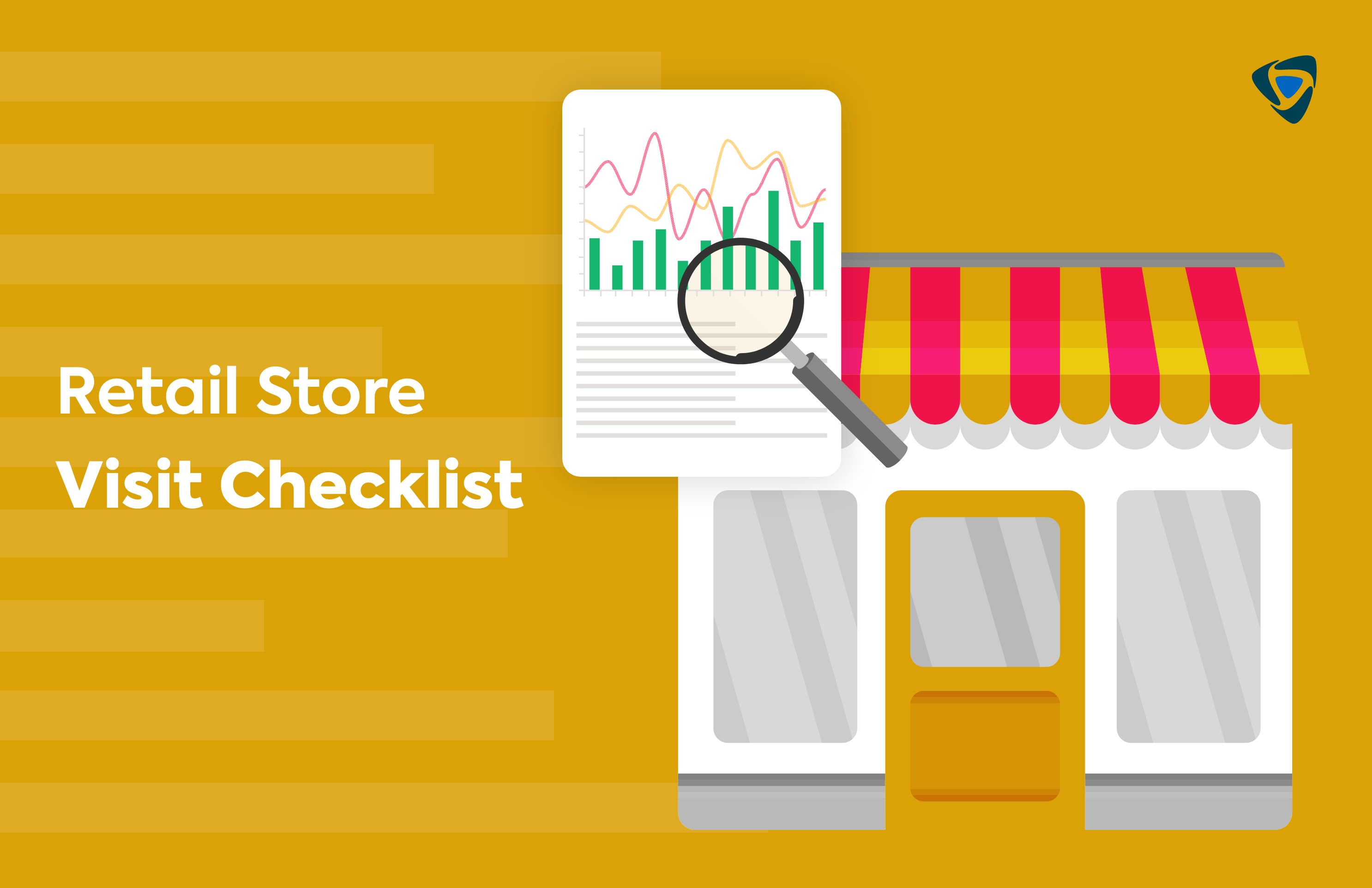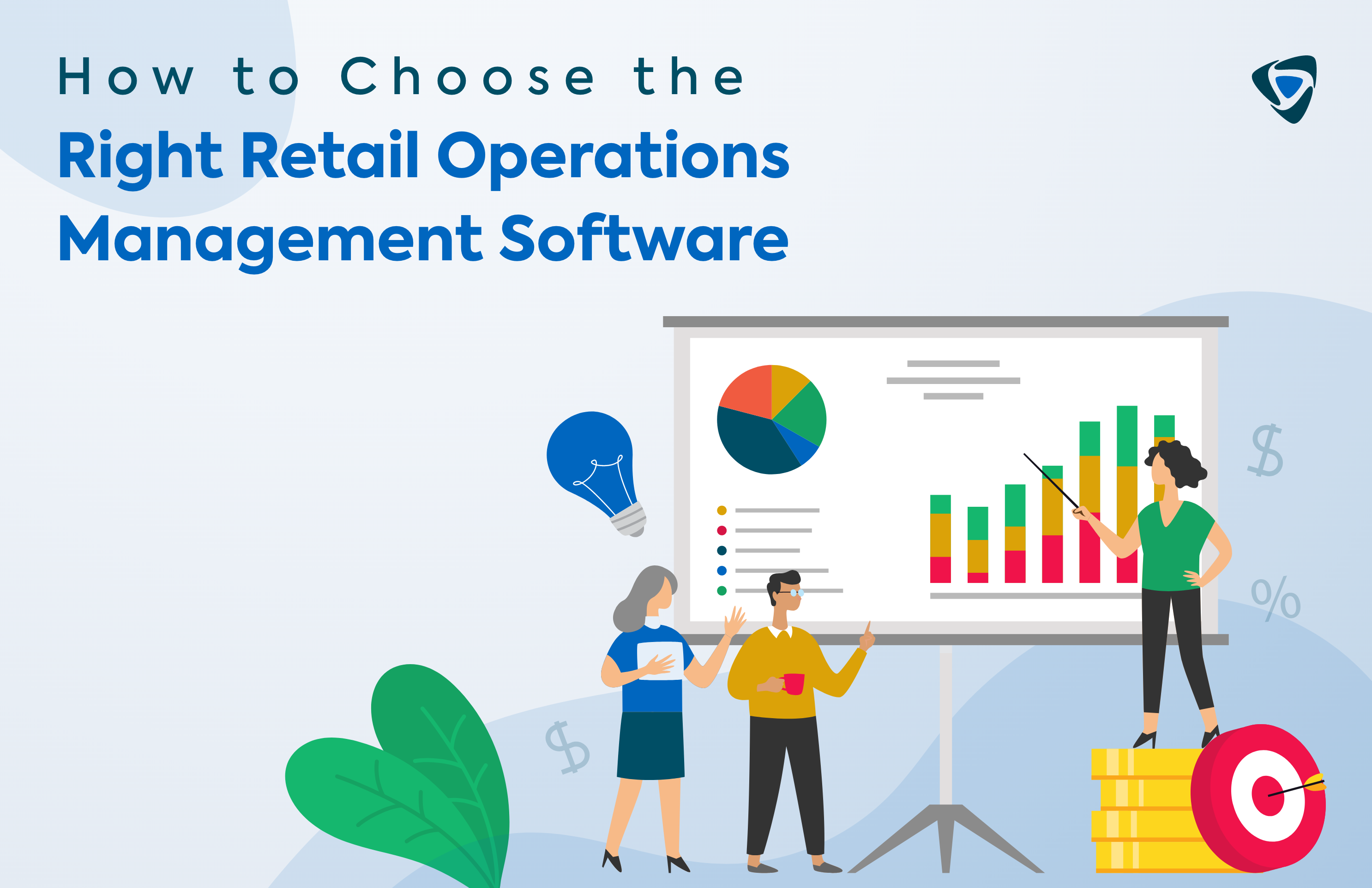Guide
Store Operation Checklist Software for Retail Management
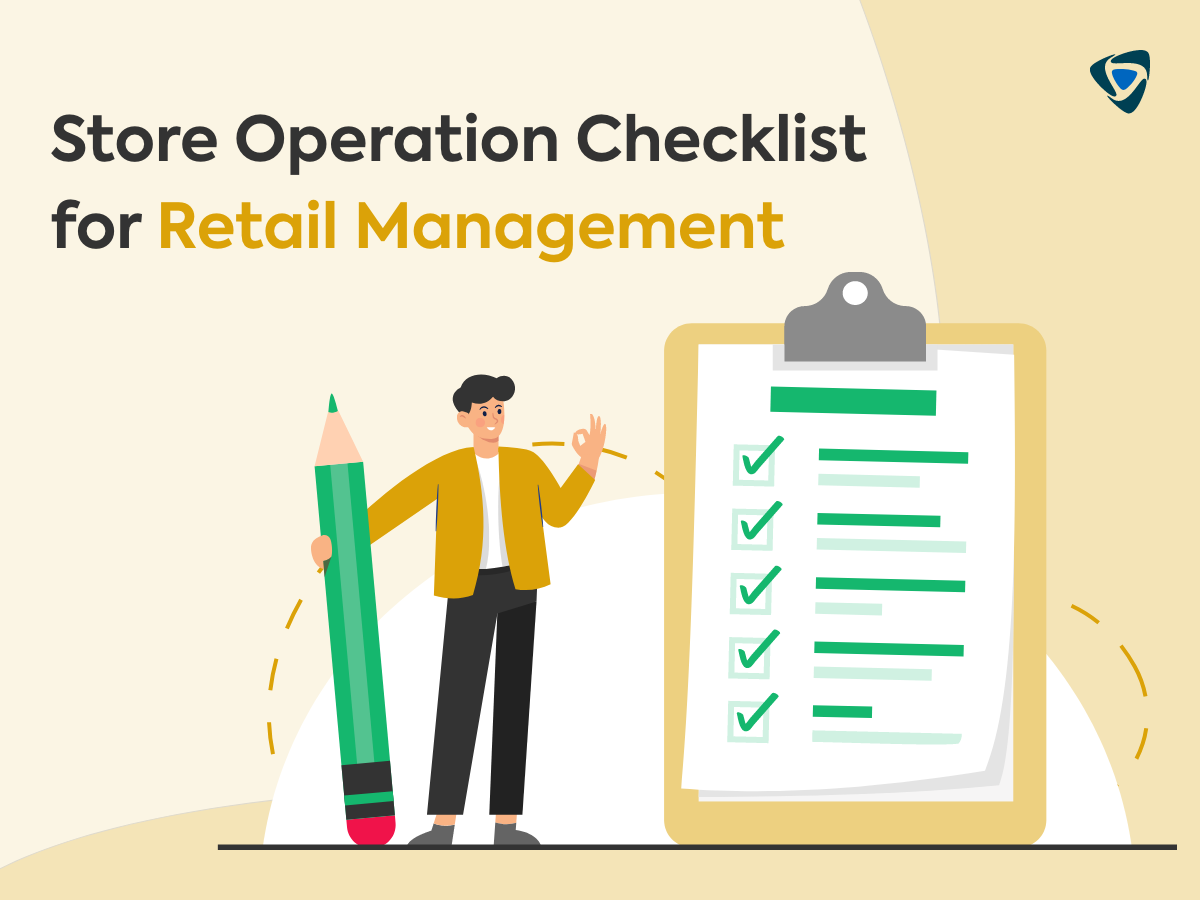
Store operation checklist is a very important and necessary tool to ensure store team members complete countless tasks and responsibilities every day. Store operation checklist helps to maintain consistency, and enhance the overall shopping experience for customers. Managing in-store operations effectively requires establishing well-defined task processes, ongoing training for store teams, monitoring performance consistently, and simplifying everything by streamlining.
Store operation checklists help store teams and management with day-to-day tasks with clear instructions, prioritize tasks, assign duties, monitor everyday activities, and work consistently on improvement. In this blog, we will discuss in detail store operation checklists and how they make everyday store operations effective and efficient.
What is store operation checklist?
A store operation checklist is a clear and well-defined list of everyday tasks and activities for the smooth functioning of in-store operations. The checklist clearly instructs the store team on what, when, and how to do the daily tasks. The checklist ensures that no tasks are missed out on and that every task on every daily checklist is completed.
How does store operation checklist work?
A store operations checklist offers clear guidelines on various tasks and activities to be followed daily by the store team members of a retail store. Here is how the store operation checklist works.
- Task List: A detailed list of the tasks and responsibilities that must be fulfilled every single day in a retail business is known as a “store operations checklist.” This list includes tasks related to opening and closing processes, sales and customer service, visual merchandising, maintenance, and various other aspects of retail operations.
- Detailed Instruction: Clear instructions on what, when, and how to do every task should be included in the daily store operations checklist. This guarantees that everyone is aware of what needs to be done and how to perform it properly to prevent errors. This promotes accountability, and it is simpler to eliminate mistakes with clear instructions enabling consistency throughout various business outlets.
- Scheduling: The checklist helps prioritize tasks by indicating their importance and scheduling a timeline for the completion of checklists accordingly. Scheduling defines timelines of duties clearly which helps in efficiency of time management throughout an operating day of a retail store. Proper scheduling helps avoid the last-minute rush and promotes a systematic and organized way of conducting routine in-store operations.
- Assigning Responsibilities: The checklist can include assignments or responsibilities for specific team members or departments. This ensures accountability and as it is made clear who is responsible for each task. The transparency of assigning roles and responsibilities gives a clear picture to every store team member on what is expected of them contributing to well-rounded in-store operations.
- Monitoring: As tasks are completed, the checklist allows for tracking progress. It helps the store manager to know what tasks are completed, missed, delayed, and so on. However, the management cannot monitor what is going on in every store. Taqtics offers digital Standard Operating Procedure checklists so that the management can have real-time visibility remotely to every task on every checklist across multiple stores.
- Continuous Improvement: Regular review and evaluation of the checklist allow for continuous improvement of store operations. It enables managers to identify bottlenecks, inefficiencies, or missing tasks, and make necessary adjustments to enhance efficiency and effectiveness.
These are the invaluable functions played by the store operations checklist that caters towards the smooth functioning of stores. It works as the factor that adds to the consistent improvement of your retail store outlets and ensures your brand stays competitive in the industry.
Retail store opening checklist
Preparing your store and the store teams for a successful business day is achieved by beginning the day with a defined and well-structured retail opening checklist. The tasks in a store opening checklist differ according to the type of retail store. However, here are some of the common factors that are covered by the store opening checklist.
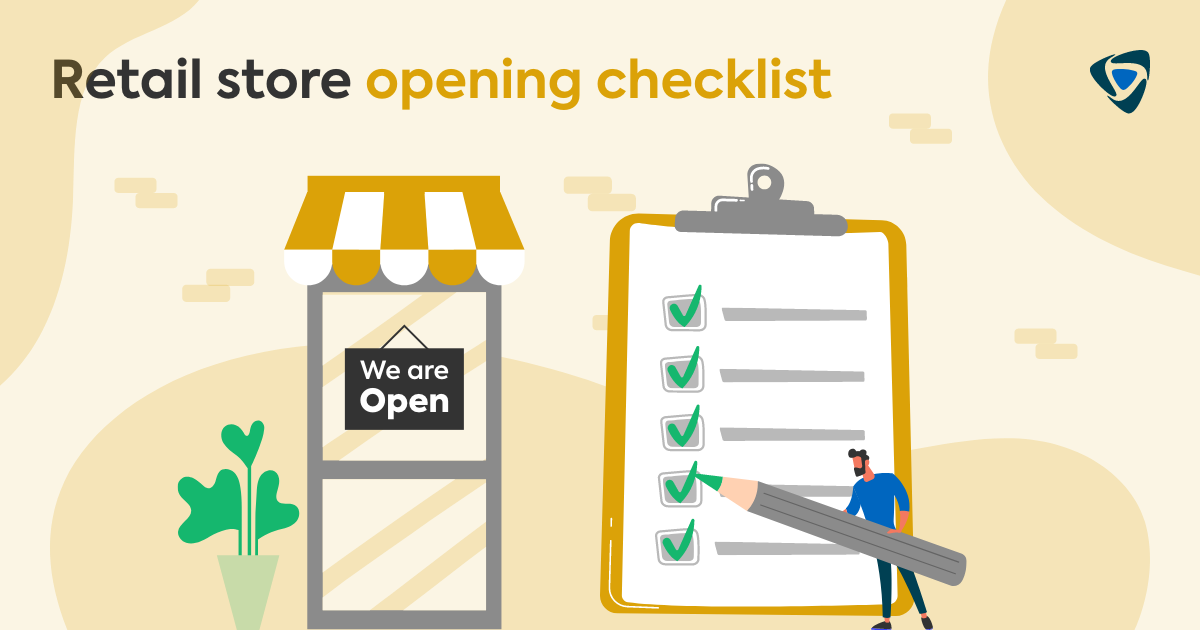
- Security Check
It is important to conduct thorough checks during opening and closing hours to ensure retail security. Walk around the store after opening the store to look for anything strange or unfamiliar. Advise store teams to not continue with the morning checklist if they find anything suspicious. Instruct them to Report and follow the instructions given by store or area managers immediately. Make sure all staff members who open the store know the panic/distress code.
- Switch on Lights and Electronics
Switch on lights, retail POS systems, televisions, sound systems, electronic displays, air conditioning, hand dryers, and all other appliances. Switch on the cash registers and verify the balance. Double-check if everything is switched on and ensure that all the screen promotions are updated and according to the latest visual merchandising standard. Once done with checking if everything is up and running, move to the other tasks for the day.
- Cleanliness And Housekeeping
Prioritize daily housekeeping tasks in retail stores in the opening checklist to maintain a tidy and inviting store environment. By adhering to great hygiene and housekeeping practices every day, your store will be well-prepared for customers any time of the day.
- Visual Merchandising
It is important to complete all the visual merchandising activities in the opening checklist like organizing shelves, product displays, offer displays, storefront visual merchandising, and more. The visual merchandising tasks should be done carefully as the VM activities play a crucial role in setting an appealing environment to attract customers and boost sales.
- Daily Cash Float
Daily cash float is the amount of money available at the start of each business day from the collection of the previous day. It is important to check the accuracy of the cash float on the previous day and the next morning at the same amount so that any malpractice or theft is identified at the earliest.
From cleanliness to balancing cash float, every opening task has a very important role to play in preparing for a successful business day for offering your customers a great experience. Religiously following and monitoring opening checklists will help to grow consistent experience across multiple stores.
Retail store closing checklist
A systematic closing checklist is essential to closing the retail business day in an organized manner and to be prepped up for the next business day.
- Counting And Balancing Cash Registers: Cash registers are used in retail shops for the calculation and recording of financial transactions. It is a very crucial task to reconcile and balance the cash registers. The store team members should balance the cash registers every day carefully to prevent a shortage of cash, mishandling of money, and theft.
- Tidying Up: Cleaning everything after a business day ensures that the store is not closed and messy for the next working day. Tidying up includes returning products that were taken out to show the customers back into place, a quick walkthrough, and cleaning the store.
- Security System: Another crucial part of the closing checklist of a retail store is switching on the security system for activation so that the store is well-protected throughout the day. This ensures the store is safeguarded in case of theft or such uncertain events of the night.
- Turning Off Lights And Other Appliances: When an appliance that is not needed to consume energy throughout the night is left switched on causes huge electricity bills and wastage of electricity. Therefore, Store teams should double-check check all the appliances that do not need to work through the night are switched off to conserve energy.
- Reviewing And Completing Reports: Store team members should complete every paperwork for the day before closing as it will keep pending if not attended regularly and it will also cause important data leaks. Therefore, the closing checklist includes addressing paper reports such as filing reports, completing store team timesheets, recording sales data, etc.
- Final Walkthrough: Conducting a final walkthrough in your retail store before closing ensures that no important tasks have been missed or overlooked from the closing checklists.
The closing checklist consists of all the crucial tasks like balancing cash registers, report completion, and security system activation which are crucial tasks to ensure that your retail store and its everyday profits are secured every day.
How to create a store operations checklist?
Creating effective store operations is critical in conducting numerous day-to-day tasks and duties to ensure the smooth functioning of your retail stores. Follow these important steps to craft an effective checklist for your stores.
- Identify Essential Tasks: The first towards creating an organized and effective store operations checklist is to determine the important tasks to be completed every day in your store. These tasks include opening tasks, closing tasks, cash handling, cleaning, customer service, visual merchandising execution, and more.
- Organize Tasks By Category: Categorizing your retail store checklists untangles the pile of roles and responsibilities keeping the duties and their timelines in check. The categories include opening procedure checklists, closing procedure checklists, afternoon noon checklists, and shift handover checklists.
- Specify And Detail Every Task: A well-defined retail store operations checklist provides clear instructions on what, when, and how to conduct every task. This includes what, when, and how to do, step-by-step instructions, notes, and more.
- Setting deadlines: Ensure daily, weekly, monthly, or even yearly routine task completion by setting timelines for the assigned duties and responsibilities. This promotes the timely execution of all tasks increasing operational efficiency. Scheduling tasks and processes is a systematic approach to maintaining an organized and smooth-running retail store.
- Customize Your Store: Personalizing the checklists according to the unique needs and requirements of your store is crucial to the success of your store. Ensure that your retail store operation checklists cater to the merchandise, store layout, customer experience, and operational duties.
- Review And Monitor: You are able to implement areas for improvement, resolve issues in-store, and do a lot more when you regularly review and monitor the checklists across your retail outlets. An effective strategy for staying ahead in the retail industry is the regular review and monitoring of stores as it adds value to the performance and consistent growth of your retail store.
Retail store operations checklists should be created in such a way that they cater to the retail store needs of your business ensuring its smooth operations. These steps will ensure that you can create effective daily checklists for your teams.
What is the basic store operating process?
A store operating process is defined as all the processes and tasks of operating a store from opening checklists to closing checklists. The receiving process concerned with inventory record keeping, inspection and storage of goods is an important part of the operating process. Once this task is taken care of, the next task is the placement of goods, price display, and discount display. brand display, Unique Selling Proposition display, overall display, use of lights and other display options.
The other duties include keeping the store clean, and safe and always being customer-ready. The activities that aid in the smooth functioning of a retail store are what entails the basic store operations process. This includes task assignment, training, SOP adherence, cleaning, cash float balance, opening checklists, closing checklists, and more.
How do you manage store operations?
Effectively managing store operations by overseeing various aspects of everyday duties systematically is important for any retail business. Here are some of the important aspects of the management of store operations.
- Define tasks and processes: The first step in managing shop operations is to establish precise tasks and processes. For retail operations, the standard operating procedure needs to be clear, defined, and specific. Create processes and steps to carry out your store’s regular business operations. Communicate with the store’s staff to make sure they have a good grasp on the standard operating procedures.
- Training: Adhering to the setup and description of the duties and processes. The next step is to provide your store’s staff with full training in all aspects of operation, SOP observance, customer service, cash handling, and other responsibilities. As a result, your retail personnel will be better able to do the jobs accurately and quickly.
- Monitoring: Reviewing store performance, consumer satisfaction, and inventory turnover on a regular basis will help you keep an eye on how well your stores are doing. For your retail store to consistently develop and succeed, identify areas that need improvement using appropriate data collection and analysis, then include improvement tasks into daily operational activities. This will help in consistent improvement in the performance of your retail stores.
- Streamlining: Use technology and internet-based resources to organize routine business operations. By using technology, human errors are reduced and real-time visibility can be obtained without physically visiting the business stores every day. By carrying out the operating procedures effectively, streamlining helps to reduce waiting time and increase production.
By following these steps towards effective store operation management, your retail business can flourish with consistent growth and tremendous success while offering a great customer experience to your shoppers across all the stores consistently every day.
What are the types of store operation checklists?
The smooth running of the in-store operation of retail stores relies on giving careful attention to completing daily tasks. These checklists have what, when, and how to do instructions from opening to closing of a store. Let us look at some of the types of different retail operations daily checklists.
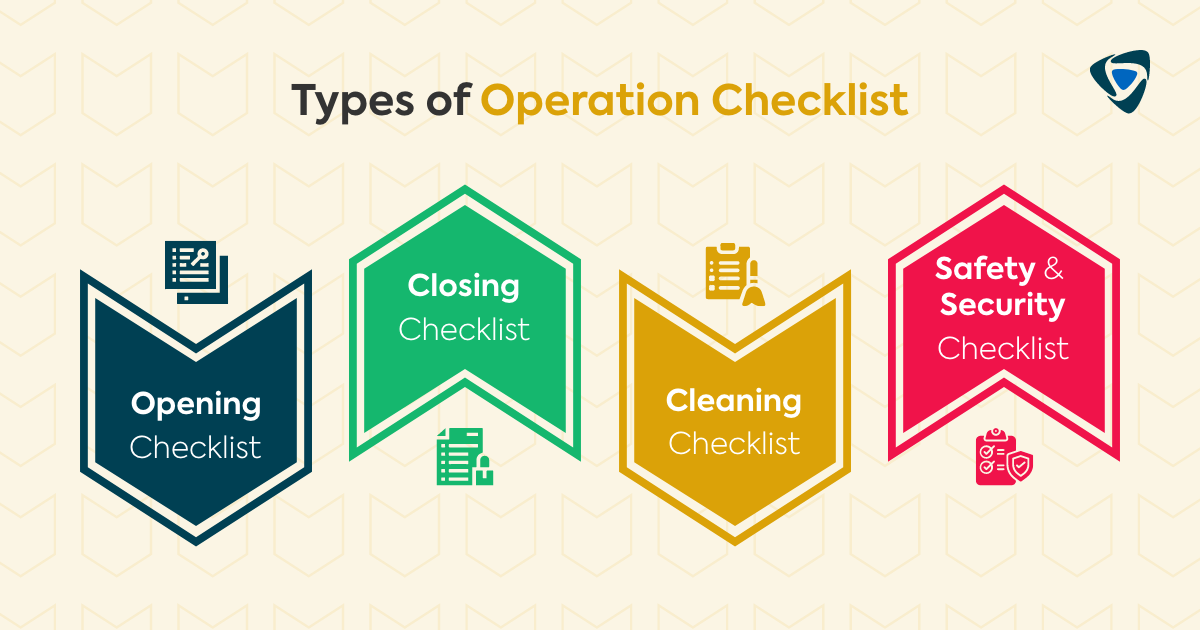
- Opening Checklist: This is the first checklist for the day for any retail store to get prepared for the business day. It includes tasks like unlocking doors, balancing cash registers, security system checks, turning on lights and other electronic devices, ensuring the visual merchandising is executed correctly, and more.
- Closing Checklist: Closing checklists consist of all tasks to be done before wrapping up a business day and shutting down the doors of the stores. The closing checklist includes tasks like balancing cash registers, activating security checks, organizing the products back to their respective places, cleaning, preparing reports for the day, and more.
- Cleaning checklist: A cleaning checklist assures that the store is always spotless, customer-ready, and has a welcoming atmosphere. This checklist includes duties like properly stacking products on shelves, wiping windows, disinfecting areas, dusting floors, cleaning washrooms and more.
- Safety and security checklist: A safety checklist makes sure the store is adhering to all rules and laws applicable to the retail store. This includes evaluating the fire extinguishers in the store, inspecting the safe storage for any hazardous materials, and performing multiple other tasks. Security checklists are crucial for any storefront since they ensure the facility’s security especially when it’s locked up for the night.
By using these crucial types of multiple daily checklists, a retail store is able to run its retail operations smoothly. It also creates a comfortable, credible, and clean atmosphere for its consumers. These checklist practices serve as the foundation of a reliable and profitable retail operation.
Why is a store checklist important?
A store checklist is essential for running retail store operations like a well-oiled machine every day. It briefs clearly what, when, and how to do for its store teams to execute these crucial tasks. The store operation checklists saves time prevents mistakes, and ensures all the store team members perform their task in compliance with the brand standards. There are numerous other benefits of using daily store operation checklists like-
- Better Communication
The different types of everyday retail store operation checklists guarantee that every store member gets clear instructions on the tasks daily. With such clear communication, the probability of missed tasks, errors in tasks, and untracked issues does not occur, and the store experience won’t be compromised. Effective communication helps the management to keep track of everything happening at the retail store every day.
- Saving Costs
Streamlining all the daily tasks and processes like the platform Taqtics designed exclusively for retail and restaurant operations management gives real-time updates on what is happening at the store. The management gets visibility to the stores remotely which significantly reduces the money spent on routine checkups. Any issues that come up is addressed instantly through the app which reduces the cost that occurs after the issue has got worse in the scenario. Taqtics sends reminders directly to store team members so that they won’t miss out on tasks ensuring as tasks like turning off lights, adjusting temperatures, and so on ensuring there is no need for unnecessary spending of money.
- Enhanced Stores
With a store operation checklist, you can assign each store team member tasks with the list of all the duties so that they are responsible for their tasks. The procedure ensures the store functions in an efficient and well-organized manner from the time the store opens until the time it closes. Furthermore, you’ll be able to identify the root of the problem if tasks aren’t completed or completed effectively.
Daily store checklists lay the foundation for store operations which supports clear communication, cost savings, and an improved store setting. Retailers can maintain consistency, compliance, and consumer satisfaction by utilizing the advantages of daily checklists which contribute to the overall growth, development, and success of the business.
 Schedule A Demo
Schedule A Demo 


